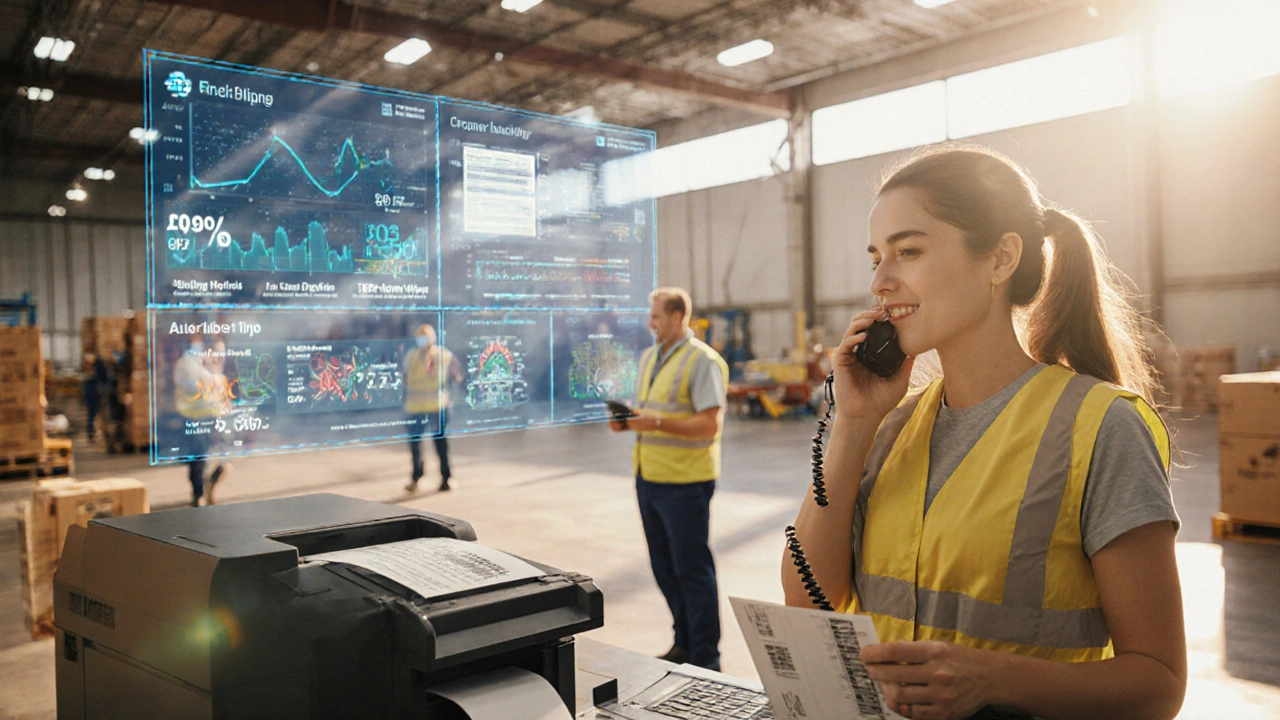Future of AI in Business: How AI Is Changing How Companies Work
When we talk about the future of AI in business, the growing use of artificial intelligence to improve decision-making, automate tasks, and unlock insights from data. Also known as AI-driven business transformation, it’s not about replacing people—it’s about giving teams the tools to work smarter, faster, and with far less guesswork.
AI in business isn’t just chatbots or fancy dashboards. It’s companies using AI automation, systems that handle repetitive tasks like data entry, scheduling, or inventory tracking without human input to cut costs and reduce errors. It’s marketing teams using AI customer insights, tools that analyze buying patterns, sentiment, and behavior to predict what customers want before they even ask to send the right message at the right time. And it’s finance departments using AI to spot fraud in real time, or logistics teams routing deliveries with 95% accuracy because the system learned from decades of shipping data.
The real shift? AI is no longer optional for tech-savvy teams—it’s becoming part of the job. Whether you’re writing code for AI development, the process of building systems that learn from data using languages like Python and frameworks like PyTorch, or just trying to understand why your sales report looks different this quarter, you’re interacting with AI every day. The companies winning aren’t the ones with the biggest AI budgets—they’re the ones who know how to ask the right questions and use AI as a partner, not a magic box.
What you’ll find in the posts below isn’t hype. It’s real-world examples: how coding skills turn raw data into working AI tools, how debugging makes AI systems more reliable, and why Python is the go-to language for businesses that want results—not just buzzwords. You’ll see how AI is already boosting efficiency, improving customer experiences, and reshaping roles across industries. No theory. No fluff. Just what’s working today—and what’s coming next.

- Nov 23, 2025
- Clayton Shaw
- 0 Comments
AI Tips: The Ultimate Guide to the Business World of Tomorrow
Learn practical AI tips to boost efficiency, cut costs, and stay competitive in today’s business world. No tech background needed-just smart use of tools.
